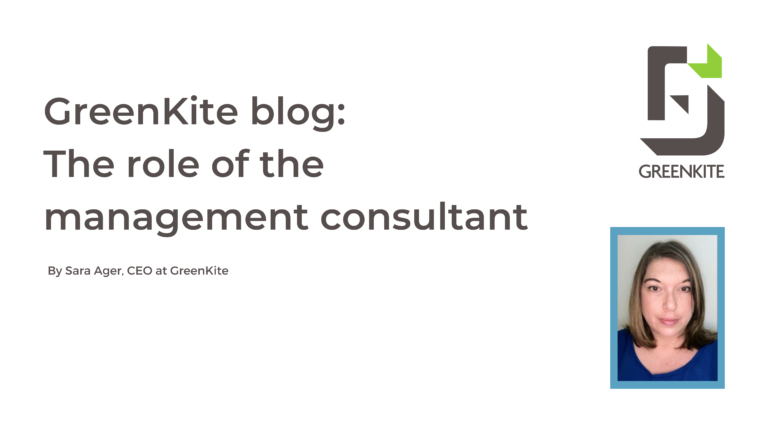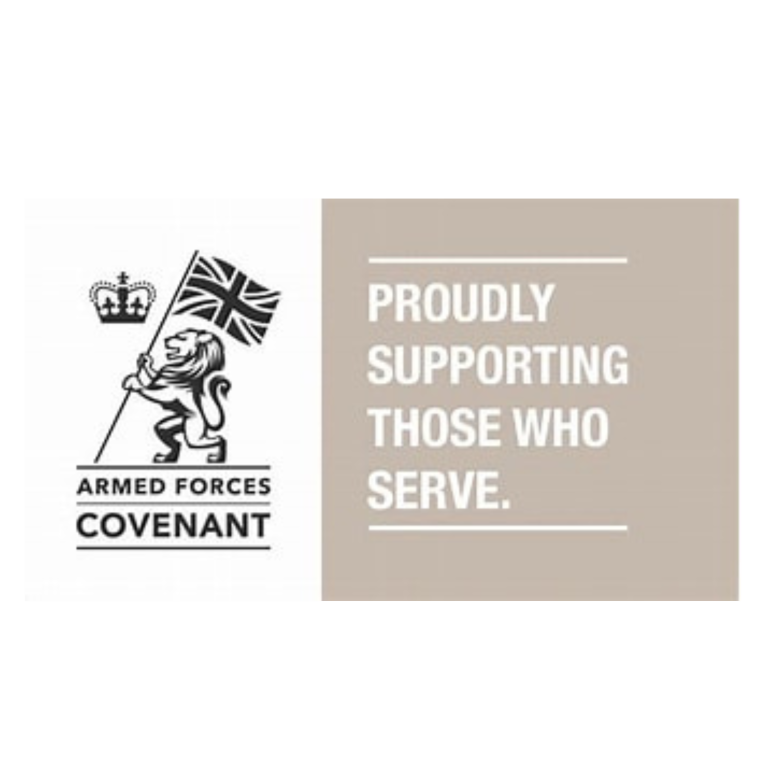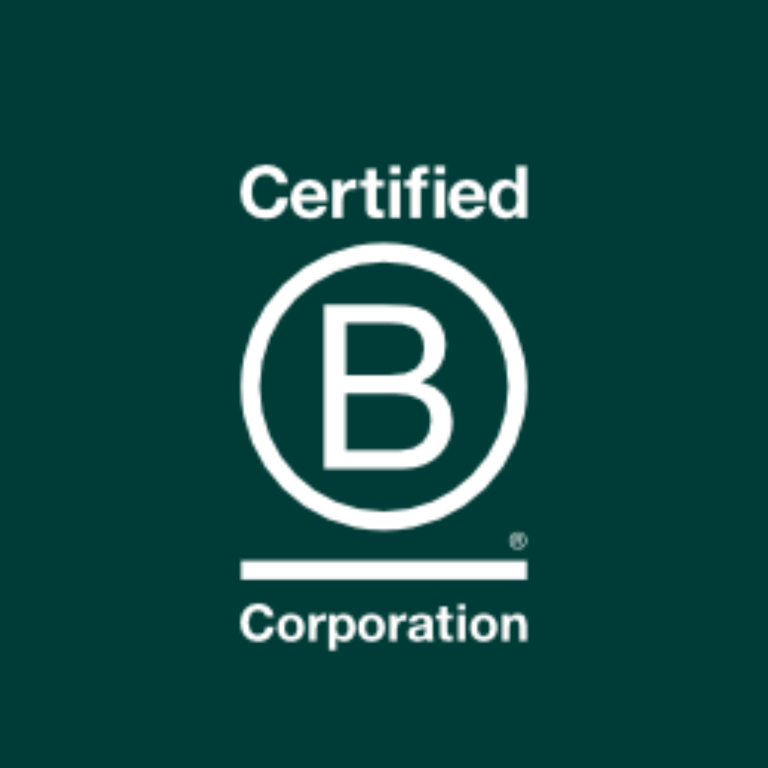
The role of the management consultant
How do you pick the right consultant?
Given the wide choice and availability of consultants looking for work within the insurance sector, how do you find the right fit? Consultants are in the business of over-selling themselves, so always be mindful that some may over-promise and ‘upskill’ to ensure they get the contract – which can often lead to under-delivery and disappointment.
Who is the right firm or person for the job? Selecting and engaging the right consultant is not a decision to be taken lightly. The firm needs to know exactly what they are looking for from their consultant, and this, I hasten to add, goes far beyond technical expertise. It’s around firm reputation, brand, risk, cost, scope, and availability.
Some of my experiences working with consultants have not always been the best. Those of us in the consultancy game like to think we have been selected because of our reputation and our strategic insight, but that is often only part of the picture. A consultant, much like an employee, must be the right cultural fit, especially if they are intended to be in situ for an extended period.
Traditionally, the role of a consultant was to provide reassurance and validation for C-suite decisions. The reality now is that firms use consultants for a whole host of reasons; because they don’t have the specific skills, resources, time, or permanent funding available, and this is where the good consultancy practices come to the fore, offering the client flexibility of resource, term, skill, and scope.
Expectations
Preparation is critical to the success of any arrangement when engaging a consultant. Setting out the scope, expectations, and deliverables expected from both sides. Ensuring you choose the right consultancy for not only the size and ambition of your firm but also the culture of your firm is key. It’s all about creating a solid partnership.
A good consultancy firm will partner with a business to understand its issues and help provide solutions, create a playbook for developing further, and give a view on what’s next. I will use the word reflection – that is what we are here to do. Give a firm the ability to provide new ideas, solve problems and provide the opportunity for reflection on how to better approach problems in the future.
A successful consultant will endeavour to get the key stakeholders of the business onside, which is pivotal to delivery. Only when all parties operate with a full understanding of the objectives and know each other’s expectations, is when the consultant truly performs the role of a trusted partner.
A consultant must be unbiased in style and approach. Most importantly, they should never get involved in the politics of the business, and always remain supportive of all key stakeholders. As a consultant, you must feel able to give real advice and operate in an environment where you can support and challenge the business while delivering. Every consultant must remain cognisant of the limits of their knowledge and be brave enough to say ‘no’ if they don’t know the answer. A skilled consultant will advise and bring together those individuals who best meet the client’s needs.
Partnership and collaboration
For me, the two words that describe a successful engagement are partnership and collaboration. For many, this is a tautology in and of itself because both concepts are also very much defined by the cultural norms and expectations of each firm and the personnel who make up that firm. Some prefer the descriptor cooperation, but I would hope we go further, as I suspect that every other consultancy does. Quick wins from low-hanging fruit help to create positive feelings and are useful at the outset of any relationship, but a consultancy must bring more to the table if they are going to win over the business. Truly establish a valued partnership with the firm, and this is not just the C-suite, but the team on the ground with whom they will be working.
More complex projects may take months or years and not show real value for long periods. The larger the project, the more people and costs are involved, which can create tensions and concerns, so creating that relationship of understanding is vital.
The consultancy practice
So, where does that leave us? I see a future where the need for flexible and specialist resources remains relevant, and therefore, the use of consultants will continue. The consultancy practice must remain forward-looking and progressive. A trustworthy partner to a firm brings real value in supporting them on their growth trajectory. Something we continually strive for at GreenKite.





